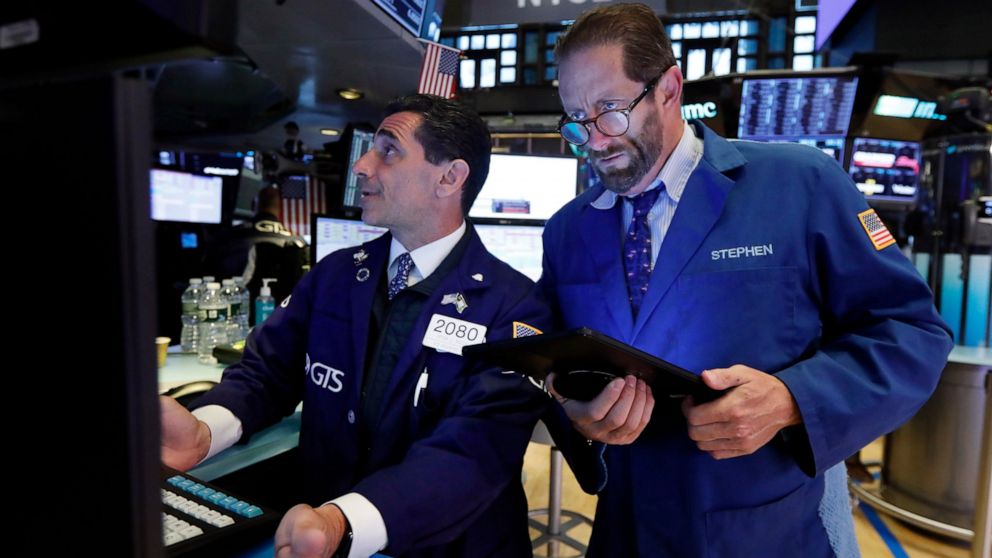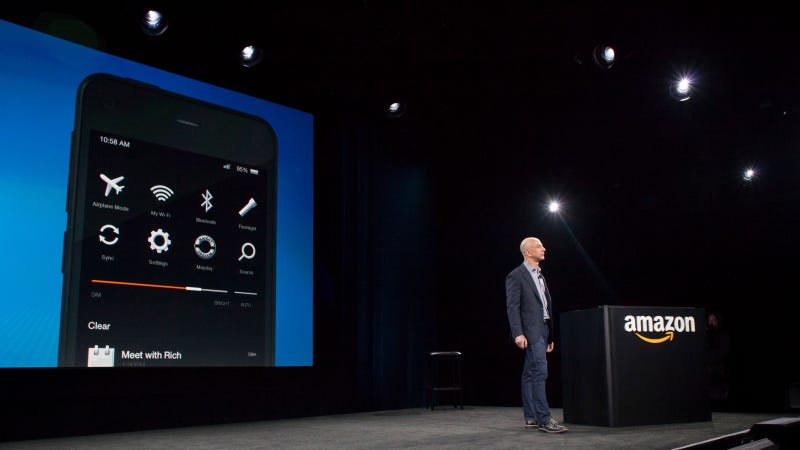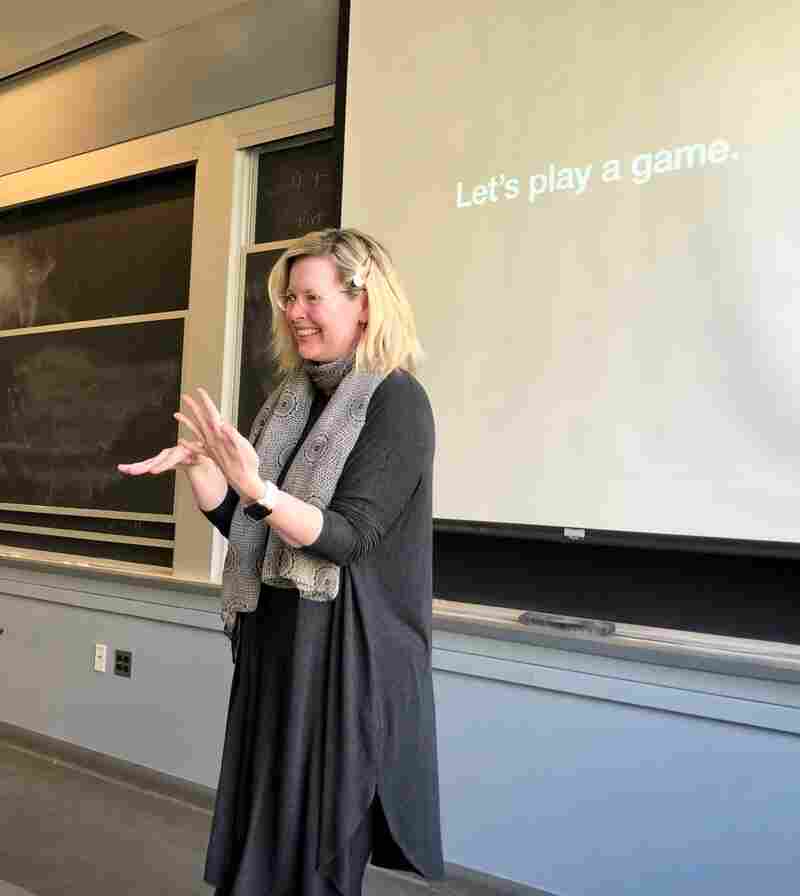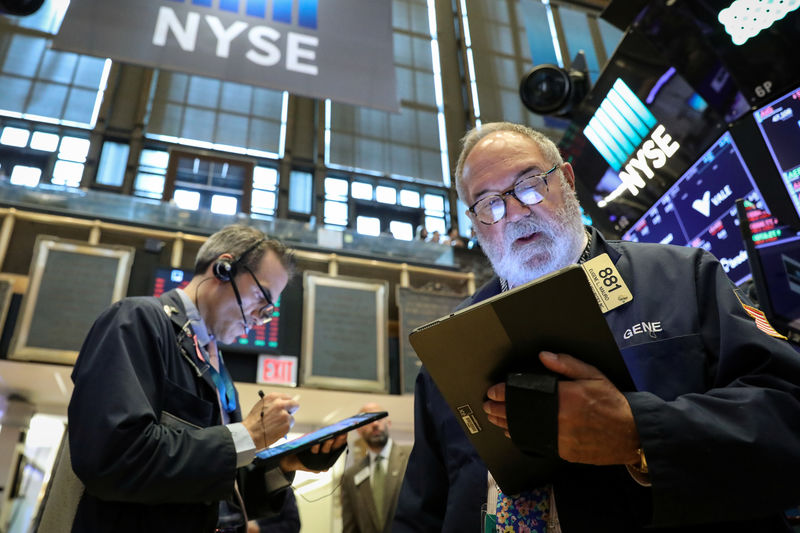The chance to talk business over a lunchtime steak with the third-richest man in the world has cost an anonymous bidder more than $4.5m.
On Friday, a charity auction for a meal with renowned investor Warren Buffett, 88, closed at $4,567,888, all of which goes to Glide, a charity working to alleviate poverty and homelessness in the San Francisco Bay Area.
The eager diner’s bid broke the previous record of $3.46m, the amount paid in 2012 and 2016, and takes the total sum raised in the 20 years Mr Buffett has hosted the lunch to more than $33m.
As has become tradition, the lucky bidder and up to seven friends will dine at New York’s Smith & Wollensky steakhouse with the Oracle of Ohama. Hosted by online marketplace eBay, this year’s auction racked up bids from five anonymous individuals hoping to win what was billed as a “power lunch”. Bidding, which began at $25,000, surpassed $3.5m less than 12 hours after the sale opened on Sunday.
“We’re so amazed and grateful,” said Karen Hanrahan, Glide president and chief executive.
Nestled in the heart of San Francisco’s Tenderloin neighbourhood, Glide offers free meals to those in need, aims to provide a sense of community and helps with addiction problems.
This year’s annual lunch is especially important for the charity, said Ms Hanrahan. The organisation, which has an annual operating budget of just $23m, is expanding the services it offers in the Bay Area amid worsening levels of poverty and homelessness.

“The demand for services is skyrocketing and the gap between the rich and the poor is expanding,” she said.
Alongside adding to its daily support services, Glide is also broadening the scope of its work in order to advocate for social justice reforms on a national level. Extreme poverty is starkly visible in San Francisco, where many people live in tents and on the streets just blocks away from expensive new developments and tech billionaires. As rent in the city has soared over the past decade, some have blamed the technology companies whose expansion has transformed the local economy.
Despite the multimillion dollar price tag of lunch with the billionaire founder of Berkshire Hathaway, a successful bid in the annual auction could be considered a savvy investment: a past two-time winner of the charity lunch, Ted Weschler, was hired by Mr Buffett to help manage his stock portfolio after outbidding competitors in 2010 and 2011.
“It’s been nothing but good,” Mr Buffett told Ms Hanrahan before the auction. “I've met a lot of interesting people from all over the world. There’s nothing like backing winners and helping people become winners.”
“Warren has said he will be with us until he can't stand,” said Glide co-founder Janice Mirikitani. “He’s a wise man and a good friend.”
https://www.ft.com/content/92c0d21e-83f7-11e9-9935-ad75bb96c849
2019-06-01 03:17:58Z
52780306777290




